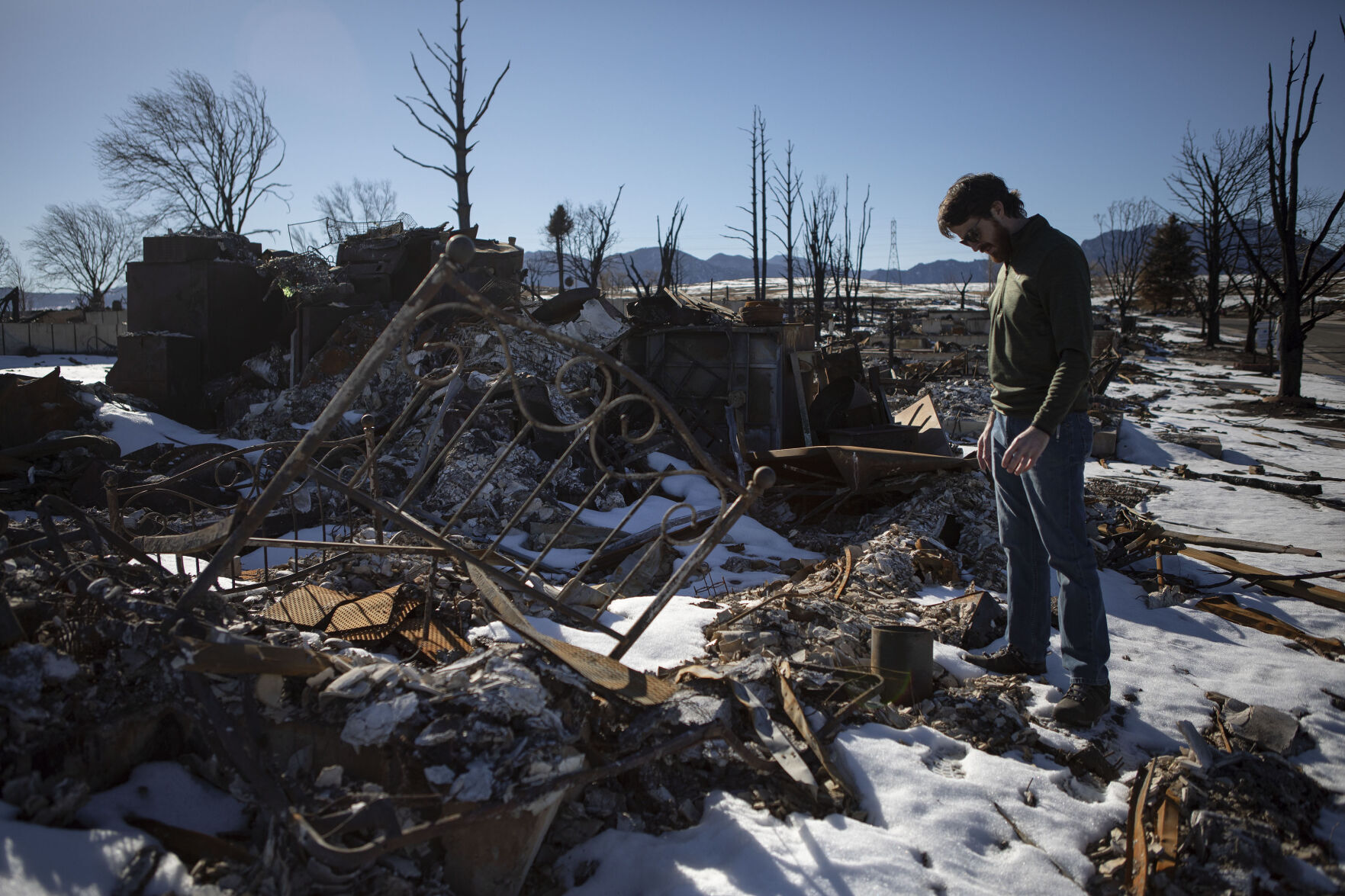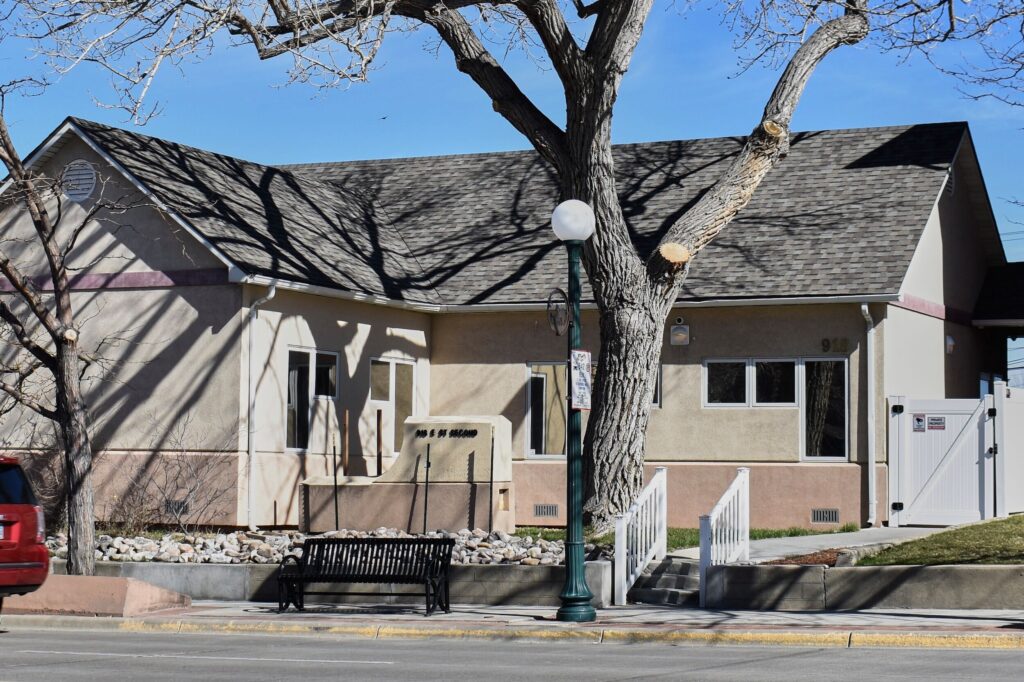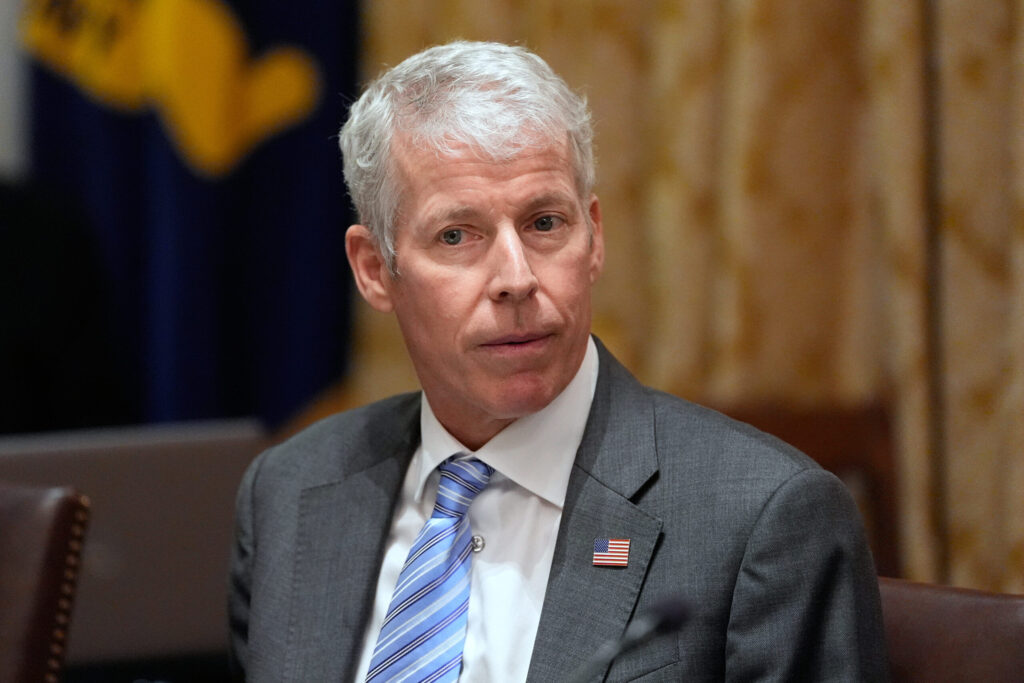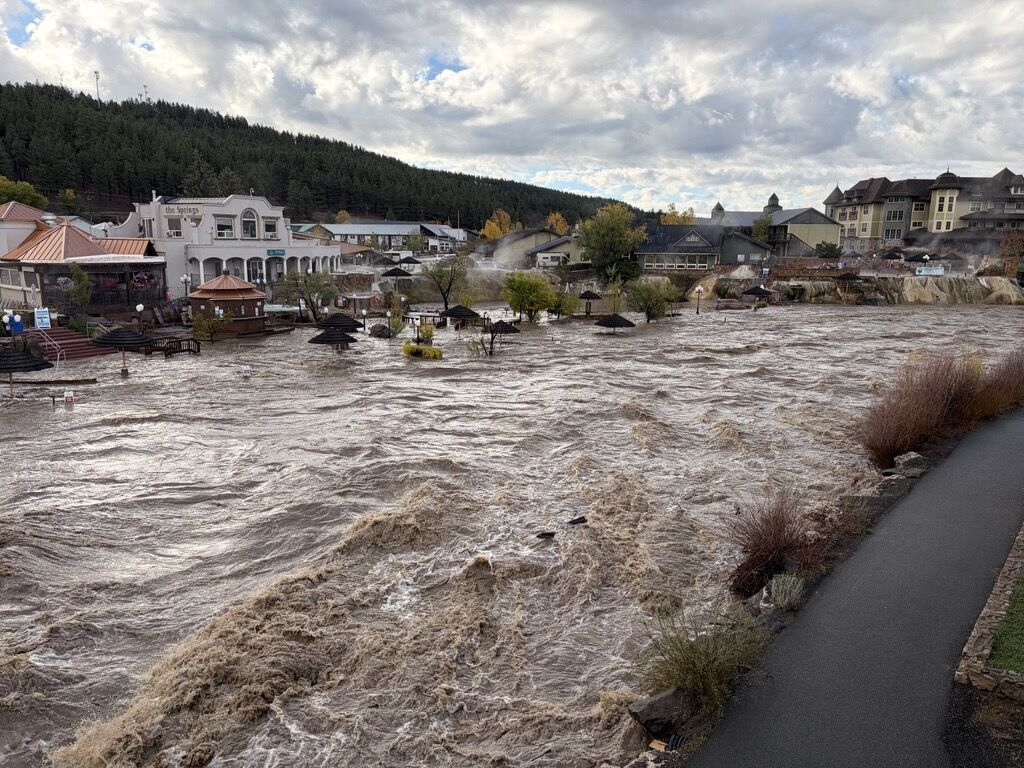Snyder bill seeks to incentivize wildfire-resilient homes | FOCUS ON THE SPRINGS

Marc Snyder was mayor of Manitou Springs when the Waldo Canyon fire devastated the city, killing two people, destroying 346 homes and becoming the most destructive wildfire in state history at the time.
Since the 2012 fire, Colorado wildfires have only become more common and more catastrophic. In the last three years, the state has endured the three largest wildfires in state history and its new most destructive wildfire, the Marshall fire, which destroyed over 1,100 homes and businesses in Boulder County in December 2021.
Snyder, now a state representative, is trying to prevent this destruction with his new bill, House Bill 1273. If passed into law, the bill would create a grant program to incentive homeowners to make their houses more resilient against wildfires.
“This is not going to, all by itself, solve the wildfire threat that we have here in Colorado,” said Snyder, D-Manitou Springs, “but it’s one of the many tools we have that we can utilize.”
Under the bill, homeowners could apply for grants to pay for retrofitting or structural improvements to existing houses and other buildings, as well as for new builds and rebuilds. The bill requests $2 million for the grants, though Snyder said the grant program could also utilize federal funds which are expected to be made available in the coming months.
Changes to make homes wildfire-resilient include replacing roofs and sidings with non-flammable materials, enclosing soffit vents to prevent ambers from being sucked inside, or even just moving burnable vegetation 100 feet away.
HB 1273 passed its first vote in the House Agriculture, Water and Natural Resources Committee on Thursday.
Lawmakers voted 10-3 in support of the bill, also sponsored by Rep. Junie Joseph, D-Boulder. Though the bill received bipartisan approval, only Republicans voted against it.
“We need to look at free market solutions,” said Rep. Richard Holtorf, R-Akron, who voted “no” on the bill. “I have a hard time getting behind something like this at this time when there are so many other needs out there that are not going to get funded across this state.”
Holtorf said, instead of a grant program, the state should just publicly publish the standards for fire-resistant homes. He also argued that the grant program should have income limitations, making high-income homeowners ineligible.
Proponents of the bill argued that wildfire destruction is a statewide issue that requires government intervention. The recent Marshall fire was the costliest in state history and the 10th costliest wildfire in U.S. history, causing over $2 billion in losses. While some homeowners have started to make fire-proofing changes on their own, most don’t. And that leaves the entire state at risk, they said.
Tanya Samaroo said she lost her home in the Marshall fire. Now working to rebuild, Samaroo said she has taken precautions to protect her home from future wildfires, but most in her community have not.
“I’m afraid to go home and live in my non-fire-hardened neighborhood,” Samaroo said while testifying in support of HB 1273 on Thursday. “It’s like we are in Fort Myers rebuilding our houses in the same way, in the same spots and the next five-foot surge is going to sweep our houses out to sea.”
Snyder said it typically costs around $3,000 to $5,000 extra to build a home with wildfire-resilient materials, with costs likely increasing to retrofit existing buildings. Samaroo said it cost her an additional $5,000 to $7,000 to fire-harden her home.
Under the bill, the Colorado Division of Fire Prevention and Control would be responsible for determining the amounts and limits of the grants. Snyder said it’s possible the grants could be restricted to around $5,000 per individual, or be used for cost matching or sharing.
The bill will next be sent to the House Appropriations Committee for consideration in the coming weeks.
















